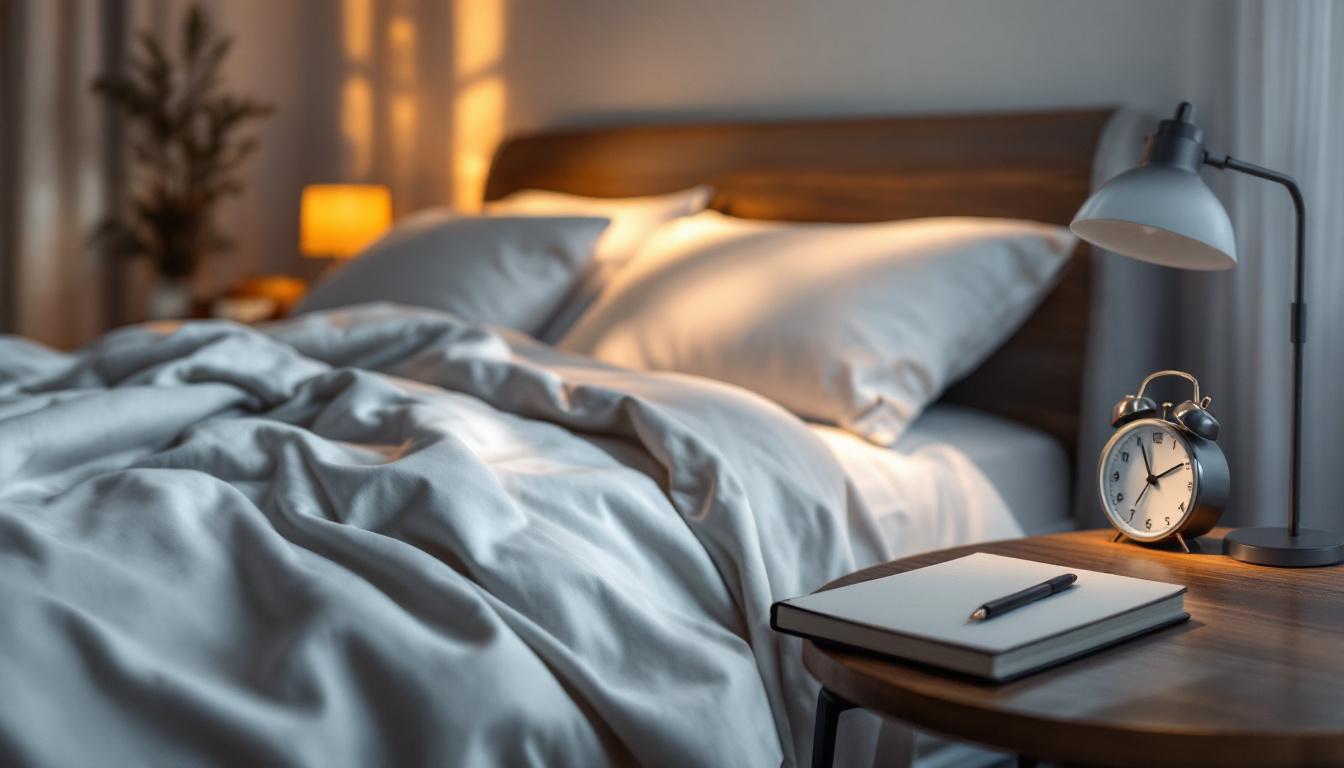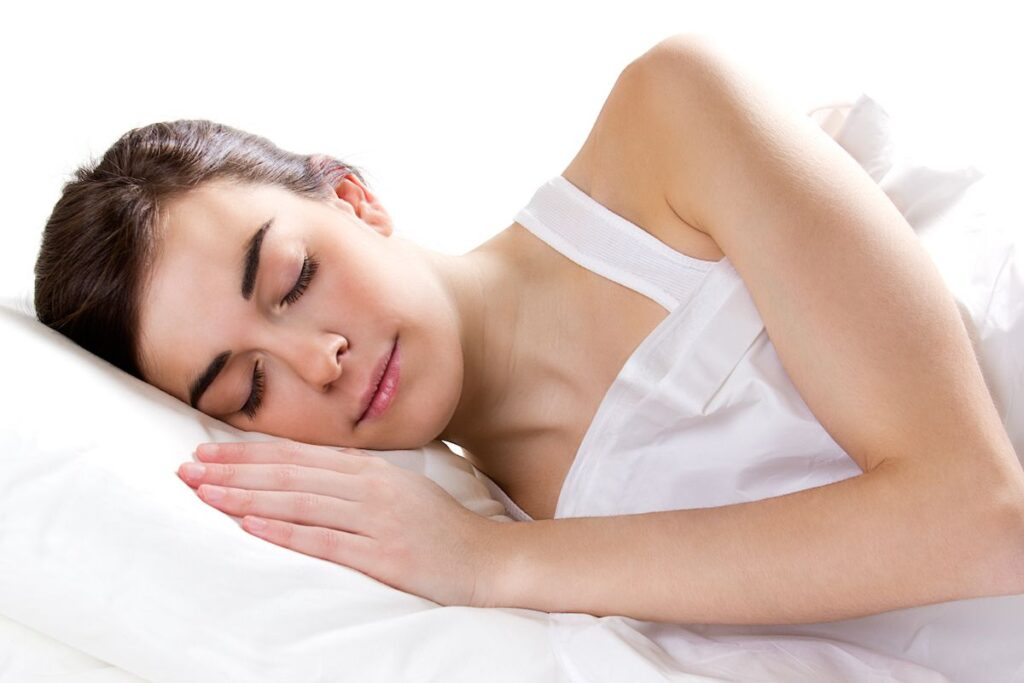Sleep studies, also known as polysomnography, are essential for diagnosing sleep disorders such as sleep apnoea, insomnia, and restless leg syndrome. If you have been referred for a sleep study in Brisbane, it is crucial to understand how to prepare for your appointment to ensure the most accurate results. This article outlines the necessary steps to take before your sleep study, what to expect during the procedure, and tips for a successful experience.
Understanding Sleep Studies
Before diving into preparation, it is vital to understand what a sleep study entails. A sleep study is a comprehensive test that records your brain waves, oxygen levels, heart rate, and breathing, as well as eye and leg movements during sleep. This data helps healthcare professionals to identify any underlying sleep disorders. In addition to these physiological measurements, sleep studies can also provide insights into your sleep architecture, which refers to the various stages of sleep you cycle through during the night. Understanding these stages can reveal important information about the quality of your sleep and any disturbances that may be occurring.

Preparing for a sleep study Brisbane involves understanding the procedure, consulting with your healthcare provider, and following specific guidelines to ensure accurate results. By taking the time to prepare adequately, you can help facilitate a successful sleep study experience. Remember that the insights gained from the study are invaluable in diagnosing and treating sleep disorders, ultimately leading to better sleep and improved quality of life.
Types of Sleep Studies
There are primarily two types of sleep studies: in-lab studies and home sleep tests. In-lab studies are conducted in a sleep centre, where you will spend the night connected to various monitoring devices. Home sleep tests, on the other hand, allow you to conduct the study in the comfort of your own home using portable equipment. Your healthcare provider will determine which type of study is appropriate for you based on your symptoms and medical history. It’s worth noting that in-lab studies are typically more comprehensive, as they can monitor additional variables such as snoring and limb movements, which may not be captured in a home test. This can be particularly beneficial for individuals suspected of having complex sleep disorders, such as sleep apnoea or restless legs syndrome.
Why Preparation Matters
Proper preparation for a sleep study can significantly impact the accuracy of the results. By following specific guidelines, you can ensure that the data collected during the study is reliable, leading to a more accurate diagnosis and effective treatment plan. For instance, it is generally advised to avoid caffeine and alcohol in the days leading up to the study, as these substances can interfere with your sleep patterns. Additionally, maintaining a consistent sleep schedule prior to the study can help your body be in a more natural state, thus providing clearer data for analysis. Furthermore, it may be beneficial to keep a sleep diary in the weeks leading up to the study, noting your sleep habits, any disturbances, and how you feel upon waking. This information can provide your healthcare provider with valuable context when interpreting the results of your sleep study.
Learn more on: Choosing the Best Sleep Testing Clinic in Adelaide
Preparing for Your Sleep Study Appointment
Preparation for a sleep study begins well before the night of the appointment. Understanding the guidelines and recommendations can help you feel more at ease and ready for the experience.

Consultation with Your Healthcare Provider
Before your sleep study, you will have a consultation with your healthcare provider. During this appointment, it is essential to discuss your medical history, current medications, and any sleep-related symptoms you may be experiencing. Be honest about your sleep habits, as this information will help the healthcare team tailor the study to your needs. This initial consultation is also an excellent opportunity to ask any questions you may have about the procedure itself, including what to expect during the night of the study and how the results will be interpreted. Understanding the process can alleviate any anxiety and ensure you are fully prepared for the experience. Learn more about habits on https://www.dovepress.com/study-habits-of-highly-effective-medical-students-peer-reviewed-fulltext-article-AMEP
Medication Management
Medications can significantly affect your sleep patterns and the results of your sleep study. It is crucial to discuss all medications you are currently taking with your healthcare provider. They may advise you to stop certain medications a few days before the study, particularly those that affect sleep, such as sedatives or stimulants. Always follow your doctor’s recommendations regarding medication management. Additionally, it may be beneficial to keep a sleep diary in the days leading up to your appointment, noting any changes in your sleep patterns or how you feel throughout the day. This diary can provide valuable insights for your healthcare provider and help identify any underlying issues that may need to be addressed.
Sleep Hygiene Practices
In the days leading up to your sleep study, practising good sleep hygiene can help improve the quality of your sleep. This includes maintaining a consistent sleep schedule, creating a comfortable sleep environment, and avoiding caffeine and alcohol, particularly in the hours leading up to your appointment. Engaging in relaxing activities before bed, such as reading or taking a warm bath, can also promote better sleep. Furthermore, consider minimising exposure to screens in the evening, as the blue light emitted by devices can interfere with your body’s natural sleep-wake cycle. Establishing a calming pre-sleep routine can signal to your body that it’s time to wind down, making it easier to fall asleep on the night of your study and ensuring that the data collected is as accurate as possible.
What to Expect on the Night of Your Sleep Study
Understanding what to expect on the night of your sleep study can help alleviate any anxiety you may have. Knowing the process and how to prepare can make the experience more comfortable.
Arrival at the Sleep Centre
On the night of your appointment, you will arrive at the sleep centre, where you will be greeted by a sleep technician. They will guide you through the process and answer any questions you may have. It is advisable to arrive at the centre at least 15 minutes early to allow for check-in and preparation.
Preparation for the Study
Once you are settled in, the technician will attach various sensors to your body to monitor your sleep. These sensors may include electrodes placed on your scalp, face, and chest, as well as bands around your abdomen and legs to measure breathing and movement. While this may feel uncomfortable at first, the technician will ensure that you are as comfortable as possible.
Sleep Environment
The sleep centre is designed to mimic a home environment to help you sleep better. You will have your own room, complete with a comfortable bed, and you can bring along any items that may help you relax, such as a favourite pillow or blanket. It is essential to communicate with the technician if you have any specific preferences or concerns regarding the environment. To find more about comfortable click here.
Post-Study: What Happens Next?
After the sleep study is complete, the data collected will be analysed by a sleep specialist. This process can take a few days to a week, depending on the complexity of the study and the clinic’s workload.
Receiving Your Results
Once the analysis is complete, you will have a follow-up appointment with your healthcare provider to discuss the results. They will explain any findings, such as the presence of sleep apnoea or other disorders, and recommend appropriate treatment options. It is essential to ask questions during this appointment to fully understand your diagnosis and the next steps.
Potential Treatment Options
If a sleep disorder is diagnosed, treatment options may vary depending on the specific condition. Common treatments include lifestyle changes, continuous positive airway pressure (CPAP) therapy for sleep apnoea, cognitive behavioural therapy for insomnia, or medication. Your healthcare provider will work with you to develop a personalised treatment plan that addresses your needs.
Tips for a Successful Sleep Study Experience
To ensure a successful sleep study experience, consider the following tips:
Dress Comfortably
On the night of your sleep study, wear loose-fitting, comfortable clothing that will not interfere with the sensors. Avoid wearing any products that may interfere with the monitoring, such as heavy lotions or oils on your skin.
Stay Relaxed
It is natural to feel anxious about undergoing a sleep study, but try to stay relaxed. Engage in calming activities before bed, such as deep breathing exercises or meditation, to help ease your mind. Remember that the technicians are there to assist you and ensure your comfort throughout the process.
Follow Instructions Carefully
Adhering to the instructions provided by your healthcare provider and the sleep centre is crucial for a successful study. This includes medication management, sleep hygiene practices, and any specific guidelines given prior to the appointment. Following these instructions will help ensure that the data collected is accurate and reliable.
Conclusion
With the right preparation and mindset, your sleep study can be a positive step towards understanding and improving your sleep health.

